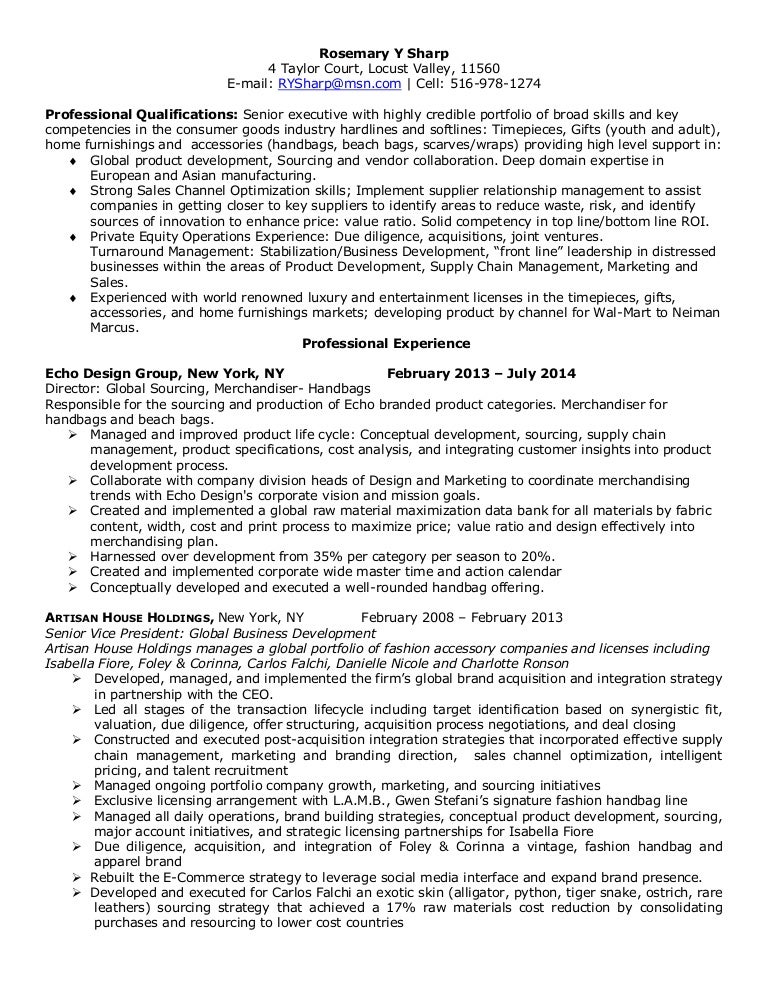
While competitors continued to develop better crystal sets, Hayakawa began work on an AC vacuum tube model. Hayakawa felt that powered radios, capable of amplifying signals, should be the subject of further development. Crystal radios, however, are passive receivers whose range is limited. The radio entered mass production shortly afterward, and sold so well that facilities had to be expanded. After only three months of study and experimentation, Hayakawa succeeded in receiving a signal from the broadcasting service which had begun programming&mdashø a very small audience-only a few months before, in 1925. With little understanding of radios, or even electricity, he set out to develop Japan's first domestically-produced crystal radio. Hearing one for the first time, Hayakama immediately became convinced of its potential. The first crystal radio sets were imported into Japan from the United States in the early 1920s. The Hayakawa Metal Industrial Laboratory, as the company was called, resumed production of the Ever-Sharp pencil, but Hayakawa became interested in manufacturing a new product: radios. Hayakawa endured severe depression it was a year before he re-established his factory. On that day, the Great Kanto Earthquake caused a fire which destroyed his factory and took the lives of his wife and children.

Hayakawa's business, as well as his life, were ruined on September 1, 1923. To facilitate greater production, Hayakawa first adopted an assembly line and later moved to a larger factory.

Demand for this simple and durable instrument was immense. After three years in business, earning a modest income from gadgets and repair jobs, Hayakawa engineered a mechanical pencil he called the "Ever-Sharp." Consisting of a retractable graphite lead in a metal rod, the Ever-Sharp pencil won patents in Japan and the United States.

The company was founded as a small metal works in Osaka in 1912 by an inventor and tinkerer named Tokuji Hayakawa. Sharp remains an outward-looking, international corporation, as dedicated in each of its foreign markets to assimilation as to overall success. Founded on a business creed reminiscent of the ancient trading houses-Sincerity and Creativity-and built largely on the hard work and determination of one man, Sharp is in many ways Japan's most "traditional" modern electronics manufacturer. The Sharp Corporation is one of the largest and oldest Japanese consumer goods manufacturers. SICs: 3631 Household Cooking Equipment 3651 Household Audio & Video Equipment 3579 Office Machines, Not Elsewhere Classified 3661 Telephone & Telegraph Apparatus Stock Exchanges: Tokyo Osaka Nagoya Paris Luxembourg Zurich Basel Geneva Incorporated: 1935 as Hayakawa Metal Industrial Laboratory


 0 kommentar(er)
0 kommentar(er)
